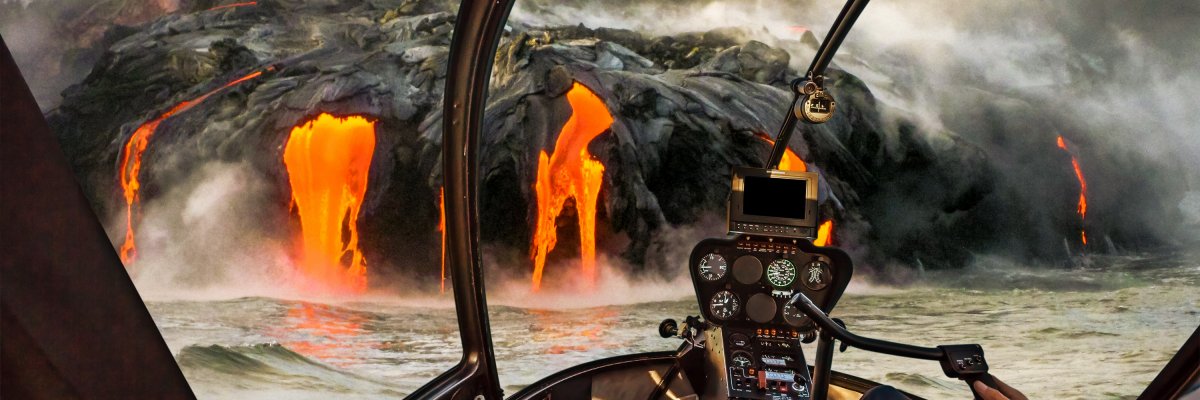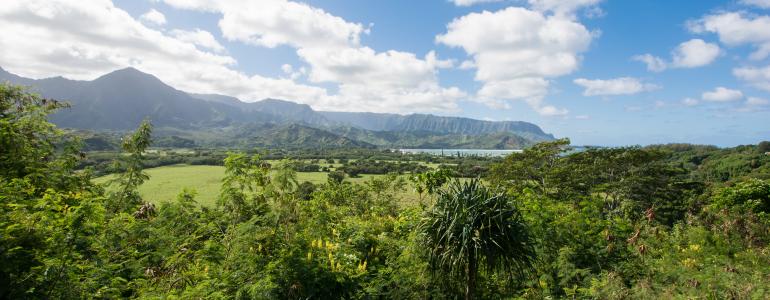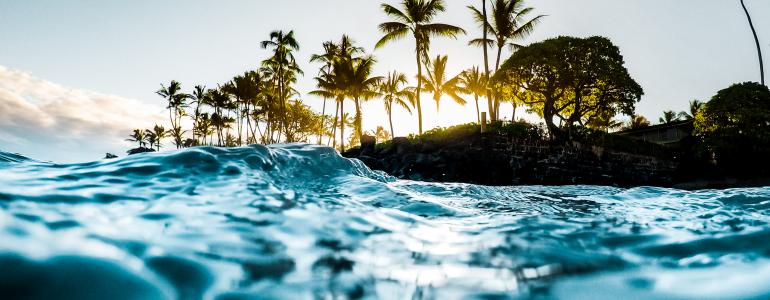If you're looking for a relaxing yet adventurous vacation getaway, the Big Island of Hawai'i is one island you don't want to miss! The Big Island offers travelers incredible diversity. We have split it into five separate regions, each with its own highlights.
Hilo - Big Island’s Capital: Tropical, Rainy, and Laid Back
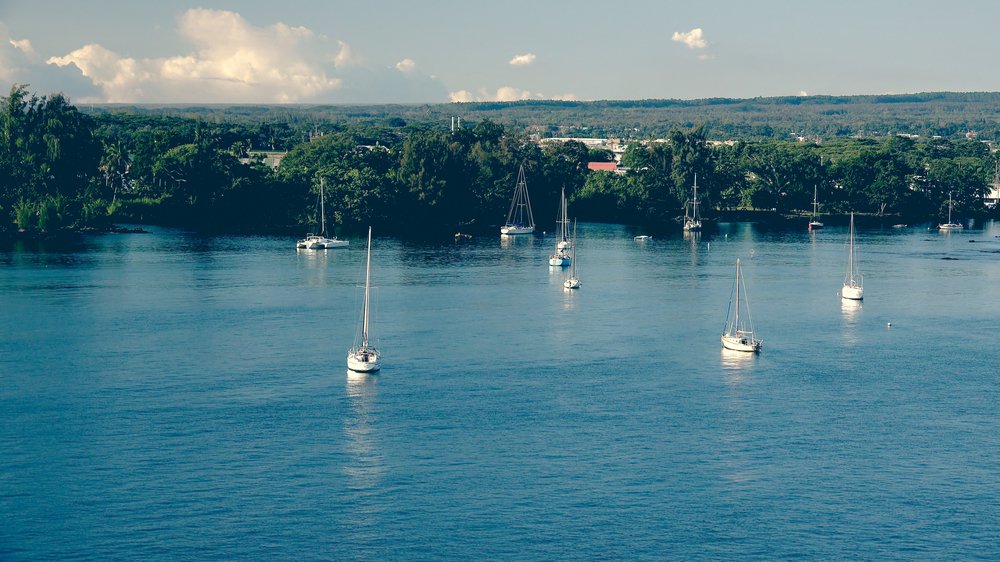
Aside from being the island's capital, Hilo is the largest city on the Big Island and home to more than 23% of the island's residents. This tropical town lies on the island's southeastern coast, marked by cascading waterfalls, lush landscapes, and volcanoes.
The windward (east) side is generally wetter than the rest of the island, averaging about 140 inches of rain annually. Many love Hilo's quaint, historic, small-town feel, cute shops and restaurants. Time on this side of the island seems to run a little slower, and the people of Hilo greet visitors with a welcoming, friendly aloha spirit.
Hilo is also considered the island's cultural capital, as it has many historic buildings and old plantations. When visiting Hilo, you will want to stop by the galleries and museums in downtown Hilo. Whether you're looking to learn more about the area's history at a museum, visit the zoo, or chase waterfalls--there are plenty of activities and things to do in the charming town of Hilo.
Also, once a year, the world of hula descends on Hilo for the Merrie Monarch Festival. It's a hot ticket, with competition between Hula Halaus from around the world. Read our Merrie Monarch Festival article for more info about this important cultural event.
Kailua-Kona: Beaches, Outdoor Adventures and Kona Coffee
Kailua-Kona is the main town on the west coast of Hawaii. Here on the leeward (western) side of the island, the weather tends to be more sunny and dry. However, the climate here is still humid enough to grow the world-famous Kona coffee.
The town of Kailua-Kona sits on a gorgeous coastline featuring white sandy beaches perfect for swimming, snorkeling, and sunbathing. On the north side of Kona, you will find the resorts, beaches, and world-famous golf courses of the Kohala Coast. The south side of the town is known for its fantastic snorkel spots, lush tropical forests, and historic sites.
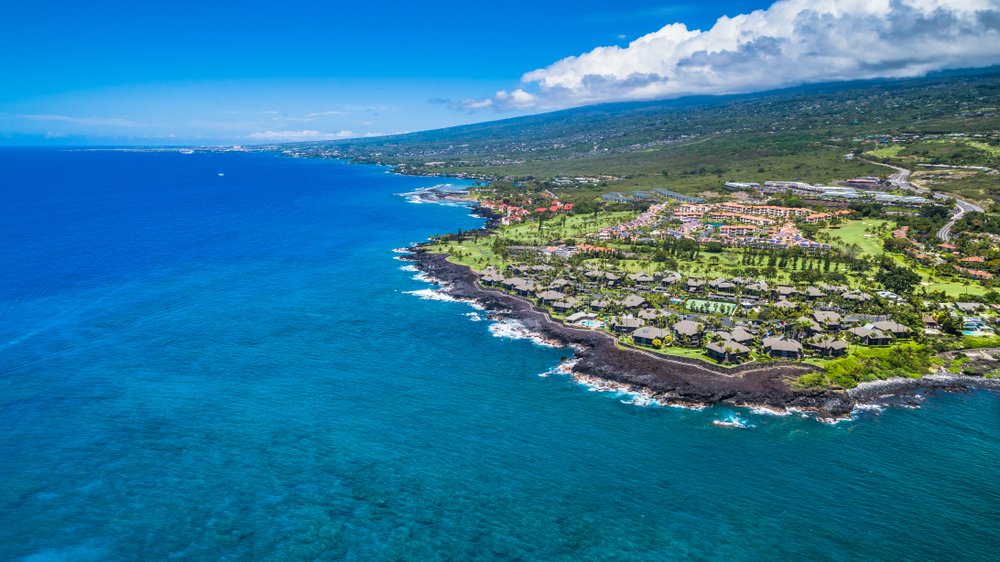
Due to its central location and great weather, this historic seaside town has become the gateway to the resorts on the Kohala Coast, with nonstop flights available from many mainland US cities. Regardless of its proximity to the resorts, Kailua-Kona is very much a real town, with farmers markets, shops, festivals, and restaurants. Don't miss out on the local market days!
Kohala Coast - A Charming Resort Area: Great Snorkeling and Stunning Beaches
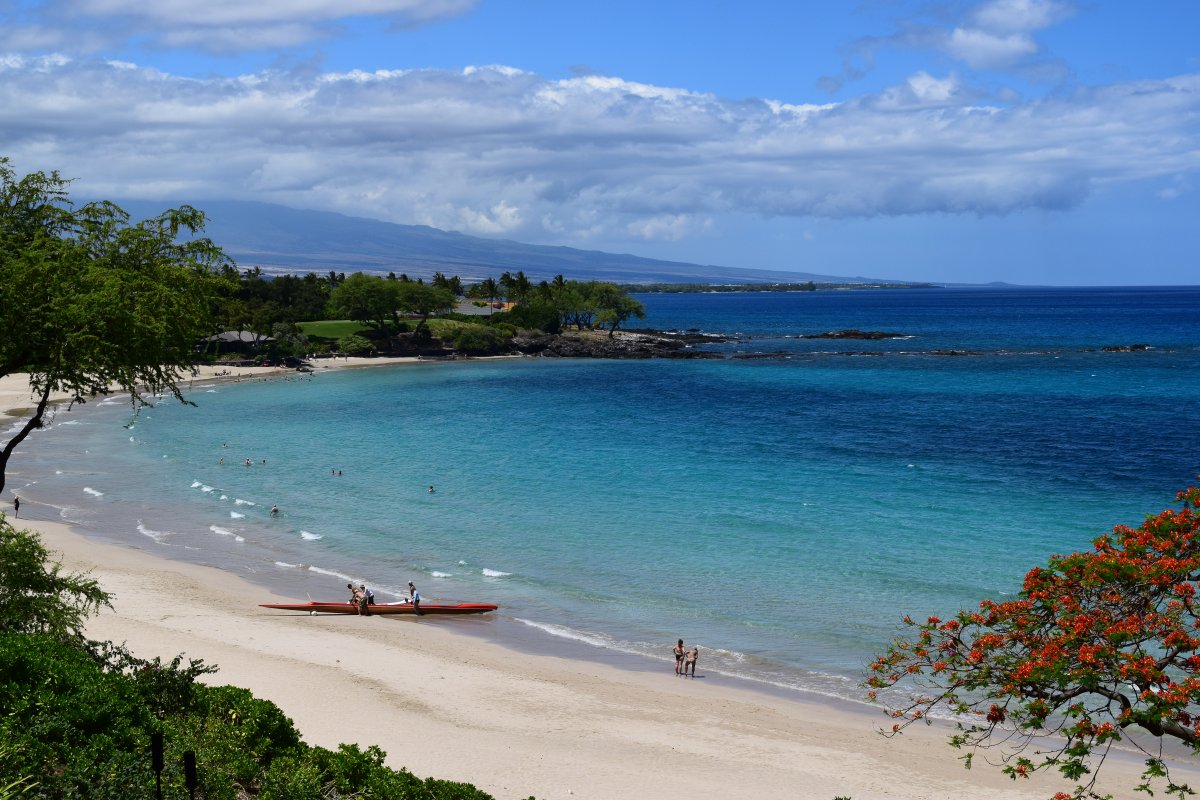
The Kohala Coast sits north of "Kona" and below "Waimea," along the Kohala Coast. If you're looking for charming resorts with oceanfront dining scenes and other services, the Kohala Coast is a great choice.
Along the coast, you'll find the resorts of Hualalai, Waikoloa, Mauna Lani, and Mauna Kea. These incredible resort communities offer beautifully manicured landscapes, golf, dining, beaches, and services. Exotic Estates represents many homes along the coast.
There are also some interesting geological features, including Waikoloa Village's anchialine ponds. These unique coastal ponds are a mixture of saltwater and freshwater, fed by inland springs and seawater from underground lava tubes. There are lovely walkways among them, making them a nice place to explore at the end of the day.
Waikoloa Village is a community that sits above the coast, between the mountains of Mauna Kea and Kohala. While this area may be sunny, it can sometimes become windy due to trade winds blowing in from the northeast that funnel through the mountains, offering a cool reprieve from the summer heat.
Waimea: Rolling Green Hills, Starry Nights and Dramatic Ocean Cliffs
The historic town of Waimea lies on the oldest of five volcanoes (Kohala) and is known as the biggest town on the North side of the Big Island. At over 2,500 feet, the climate in this area is a bit cooler compared to the rest of the island, resulting from low clouds meeting rolling, lush pastures.
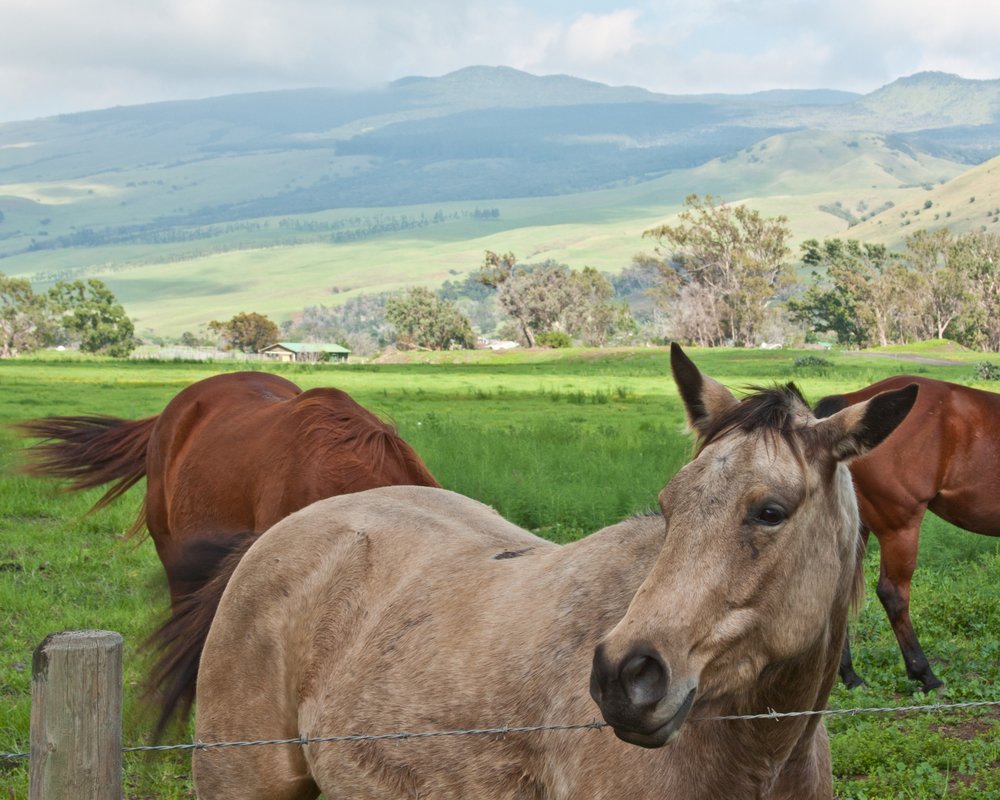
Home to some of the most stunning hikes on the Big Island, Waimea is Paniolo country. Paniolos are Hawaii's cowboys. You'll see people with cowboy boots in area stores and sense a general ranch vibe. This area can be great for horseback riding, hiking, exploring the rolling hills and/or rugged coastline.
In Hawaii, there are three different Waimeas--One on Oahu, another on Kauai, and one on the Big Island. Due to its confusing name, Waimea on the Big Island decided to honor the Parker Family by nicknaming Wailea as "Kamuela" (the name "Kamuela" is the Hawaiian equivalent of "Samuel"). Samuel Parker has a native Hawaiian heritage and played a significant role in Hawaiian history; the family still owns much of the land around Waimea.
Volcano Village: Rainforest, Volcanoes, Lava, Peace and Tranquility
Volcano Village is a small village near the Hawaii Volcanoes National Park. Known for its beauty and tranquility, this quiet village is excellent for those looking to escape the traffic and crowds and tour Hawaii Volcanoes National Park.
This rustic village sits in the middle of a lush rainforest and is a great place to relax. The weather in Volcano Village is 10 degrees cooler than Kona, and evenings can be crisp and breezy. Although you can expect sun when visiting Volcano Village, it's best to bring along a sweater and raincoat.
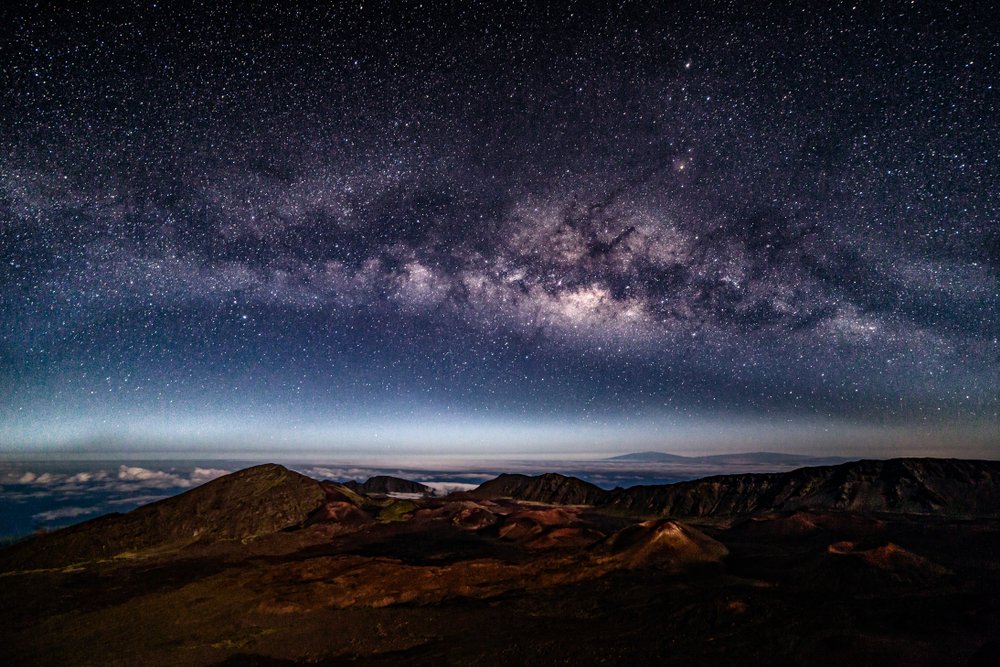
Most travelers visit the Big Island to see one of the most active volcanoes, Kilauea. Surrounded by the Hawaii Volcanoes National Park, Volcano Village is a perfect place to set up camp for a few days to explore. Hawaii Volcanoes National Park is the most popular attraction on the Big Island!
